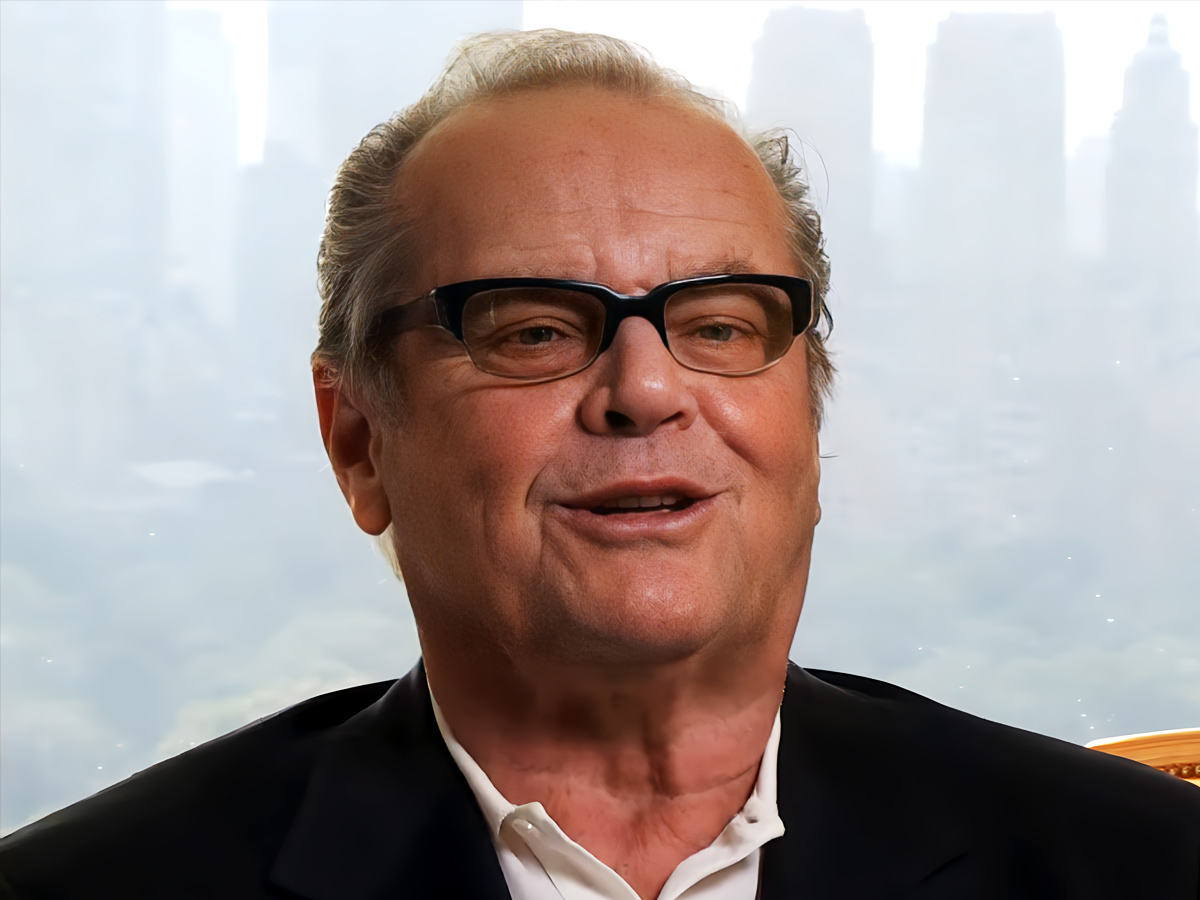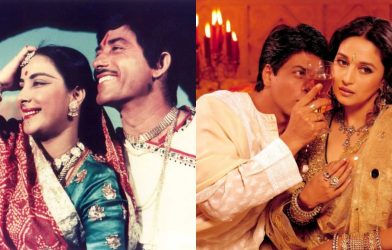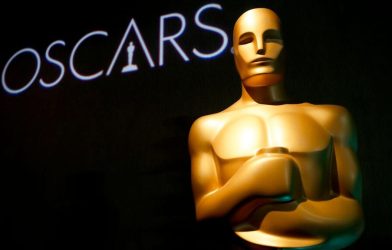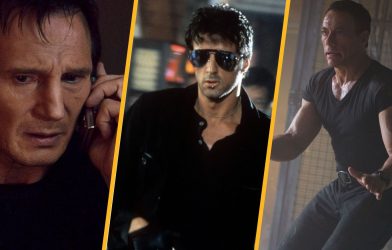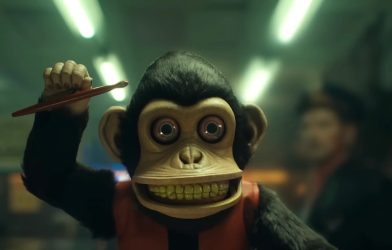
(Credits: Far Out / YouTube Still)
Having spent the vast majority of his career as one of the biggest stars in Hollywood, it stands to reason that any movie with Jack Nicholson attached wouldn’t need to leap over too many hurdles in order to make it onto the big screen.
After all, he’s the single most decorated male actor in the history of Academy Awards with three wins and 12 nominations, not to mention the fact he described himself as the single most successful performer in cinema history in terms of his filmography constantly and consistently turning a profit at the box office.
Basically, if Nicholson wanted to do something, then the chances were high that it would be either a critical darling or a commercial success, and in many cases, it was both. However, even when he segued into more light-hearted fare in his twilight years, a decision informed by 9/11, the prospect of the icon anchoring what was always intended to be a crowd-pleasing caper didn’t generate much interest.
Of course, mainstream Hollywood has never been famed for its risk-taking, which is why the idea of any major outfit funding a relatively expensive comedy revolving around terminal illness had so few takers. Even though it had Nicholson, Morgan Freeman, and Rob Reiner attached, nobody wanted to check The Bucket List from the… you know.
“This is kind of a little minefield here,” Nicholson told The New York Times of the difficulties in finding backers for the project, alluding to the premise. “You want to get the tone right for it. This is a subject that you have to deal with comically. It’s still got to be funny. You want sentiment, not sentimentality. These are all the sidewalls you want to not fracture the picture on. Not that I don’t like an easy job.”
Every notable studio in town turned down The Bucket List, and the only reason Warner Bros finally agreed to take the plunge and fund the film was that then-president Alan Horn was a friend and colleague of Reiner’s and a co-founder of the latter’s Castle Rock Entertainment production company.
The filmmaker admitted that “there were a lot of people saying, ‘This is not a movie you should be making; there’s no way to make money on a movie like this,’” but he stuck to his guns. Having a friend in a high place certainly helped, and there were no doubt more than a couple of executives left to regret their decision to turn down the pitch when The Bucket List earned over $175 million at the box office.
It even became part of the cultural consciousness when the title became an accepted part of the everyday lexicon, ensuring its legacy lasted well beyond the end credits.
Related Topics

